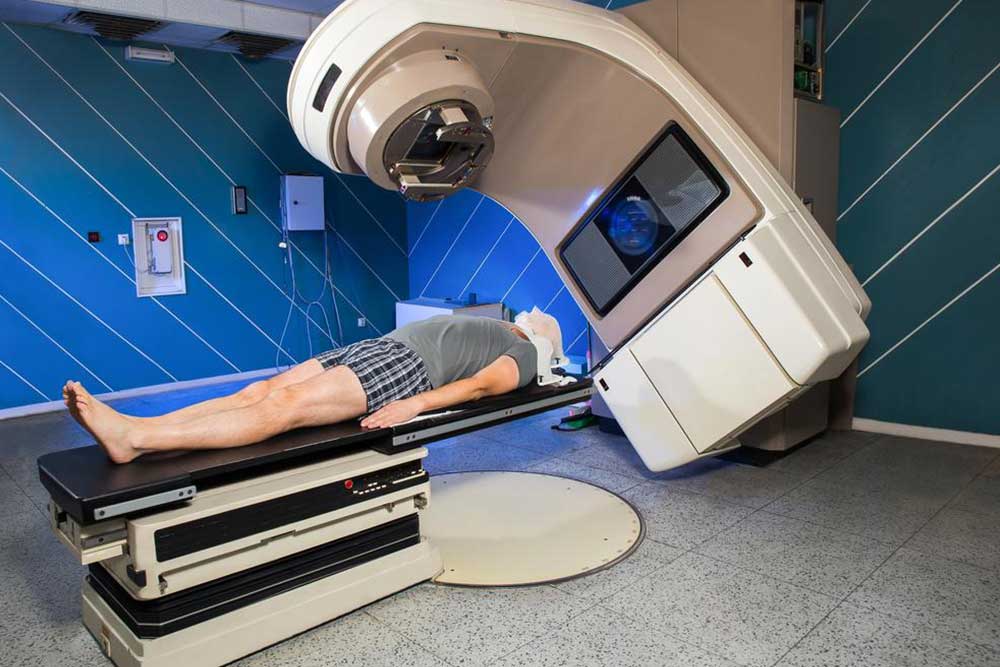Exploring the Different Types of Radiation Therapy for Cancer Treatment
This article provides an overview of the different types of radiation therapy used in cancer treatment, including external and internal methods. It explains how each therapy is applied, factors influencing treatment choices, and emphasizes consulting medical professionals due to potential side effects. Aimed at educating patients and caregivers, it highlights modern radiation techniques and considerations for personalized therapy planning.

Exploring the Different Types of Radiation Therapy for Cancer Treatment
Radiation therapy, also known as radiotherapy, is a common approach in cancer management. It utilizes high-energy radiation to reduce tumor size or eradicate cancer cells. This treatment involves the use of X-rays to image inside the body and for therapeutic purposes, including treating broken bones, teeth issues, blood disorders, benign growths, and thyroid conditions. Here, we discuss the primary types of radiation therapy available today.
Major Types of Radiation Therapy
External Beam Radiation Therapy
This localized approach directs radiation solely to the affected area using large, often noisy machines. The radiation comprises particles such as protons, electrons, and photons. For example, in lung cancer cases, the beam targets only the chest area, sparing the rest of the body. Variations include 3D conformal, image-guided (IGRT), stereotactic radiosurgery, tomotherapy, IMRT, and stereotactic body radiation therapy.
Internal Radiation Therapy
In this method, the radiation source is placed inside the patient’s body. Liquid sources, used mainly for thyroid cancer or advanced prostate cancers, are systemic therapies. Solid sources, used in brachytherapy, are implanted directly into tissues for cancers of the neck, breast, head, prostate, eye, and cervix.
Choosing the Right Treatment
Healthcare providers determine the most suitable radiation therapy based on:
Size of the tumor
Type and location of cancer
Proximity to sensitive normal tissues
Patient’s overall health and medical history
Other medical conditions and age
It’s important to follow medical advice since radiation therapy can have side effects. Always consult your doctor before starting treatment.










